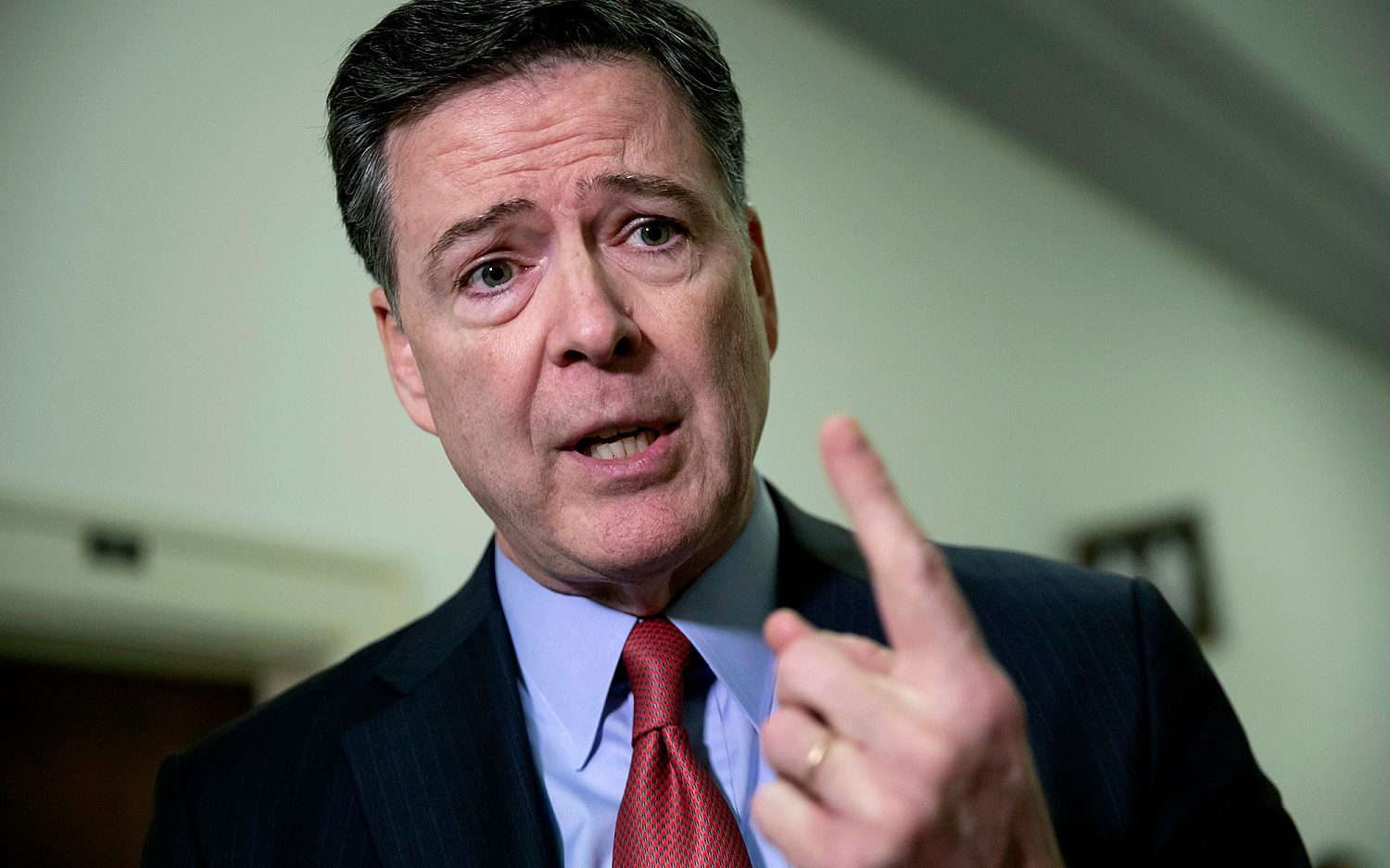Rocky future for freedom on social media
Facebook and Twitter blackouts for conservative organizations becoming more common
Why did Facebook last month shut down the account belonging to conservative group “Chicks on the Right” after it posted a blog post criticizing White House spokesman Jay Carney?
So far, Facebook hasn’t explained its reason for shutting down the page. The social media giant said the group violated Facebook’s terms of use, but didn’t specify which ones. The organization admitted to using a vulgar word, but Todd Starnes of FOX News noted that dozens of liberal-leaning groups do not receive similar treatment when they use vulgar words to criticize conservatives. Facebook eventually apologized for shutting down the page, saying it was a mistake.
Conservative social media blackouts are becoming more common on a variety of platforms, including Twitter and Google-owned YouTube. Most of the blackouts start when users who disagree with the viewpoints of another user report them as spam, sometimes in organized “flagging campaigns.” Sites like Facebook and Twitter function off algorithm-based systems that automatically shut down the flagged sites without explanation.
For example, on Jan. 28 Twitter shut down the account of the National Black Prolife Coalition (NBPC) after it tweeted plans to protest the NAACP’s 44th Image Awards.
Leroy Dodd was in charge of NBPC’s social media awareness campaign that he launched that day, but after eight tweets between 9:58 a.m. and 11:17 a.m. the NAACP reported the account as spam, prompting Twitter to shut it down. The company revived the account only after Dodd agreed to change his behavior and cease “unmerited mentions and replies.”
Dodd resumed tweetingand continued until 6 p.m. when the NAACP reported him again. Twitter suspended NBCP’s account for a second time and left it that that way for three days. Dodd said he tried to appeal the suspension and talk directly with the NAACP, both to no avail.
Twitter claims its policy doesn’t permit automatic actions. The company stated in a 2009 blog post that spam reports “can't be used to incite an angry mob against an account you don't like.... Our Trust and Safety team will check it out to see what needs to be done.”
But in the four years since then, Twitter has consistently responded to spam alerts by shutting down accounts automatically. The faulty system raises questions about the future of free speech in a world increasingly dependent on social media sites (SMS).
“The system is obviously broken and being exploited by vigilantes who oppose everything the engagement-enhancing ethos of Twitter stands for,” wrote critics at Twitchy.com last April when Twitter inexplicably shut down the account of Chris Loesch, husband to conservative talk show host Dana Loesch, after he defended his wife against veiled threats about her being raped and murdered.
Critics have urged Twitter to improve its system in a way that would better screen real spam from these types of targeted flagging campaigns. Many also lament the problem as an abuse of the First Amendment right to free speech.
But Peter Scheer of the First Amendment Coalition (FAMC) explained that since Twitter is a private party, “no one has the power to tell Twitter or Google who they have to have on their service.”. That’s because the First Amendment constrains the government but not private individuals or organizations.
This debate about the intersection of free speech and private property has been brewing since the 1970s when U.S. courts began ruling on whether individuals could protest on the grounds of privately-owned shopping malls.
At first, the courts ruled in favor of free speech, saying if a private owner opened up space to the public, it had to open it up to the rights of the public, including the right to free speech. But in a 1972 case, Lloyd Corp. v. Tanner, the court ruled anti-war protesters could use alternative public space to hand out leaflets. Six years later the Supreme Court ruled essentially that First Amendment rights didn't extend to privately- owned shopping malls. The question has ping-ponged in courts ever since.
Will U.S. courts eventually have to answer the same questions for Twitter and Facebook? Peter Scheer said he doesn't think so. Those types of cases would be difficult to win and expensive to litigate. In the meantime, he said the future didn’t look promising, with some private individuals and organizations becoming a bigger threat to freedom of speech than government.
An actual newsletter worth subscribing to instead of just a collection of links. —Adam
Sign up to receive The Sift email newsletter each weekday morning for the latest headlines from WORLD’s breaking news team.




Please wait while we load the latest comments...
Comments
Please register, subscribe, or log in to comment on this article.